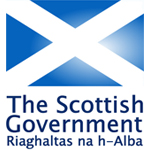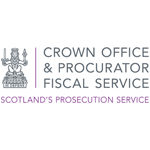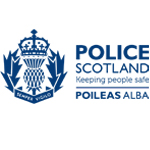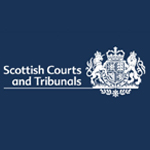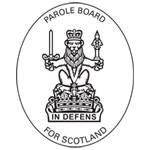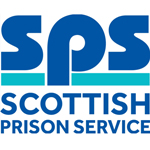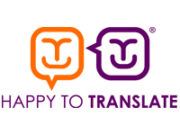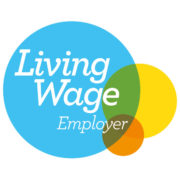Supporting victims’ rights at the Parole Scotland
As part of Victims Awareness Week Colin Spivey, Chief Executive of Parole Board for Scotland, writes and vlogs about how the Board is supporting victims’ rights and working to improve services for people affected by crime.
Watch the film or read the blog below.
The Parole Board for Scotland’s role is to recommend whether it is safe for those convicted of serious offences to serve the rest of their sentence in the community under the supervision of a social worker.
Every offender who receives a sentence of four years or more will have their case considered by the Parole Board at a time in their sentence set by Scottish Ministers, and at regular intervals after that.
And for every one of those cases there will be a victim, or victims, of the original offence.
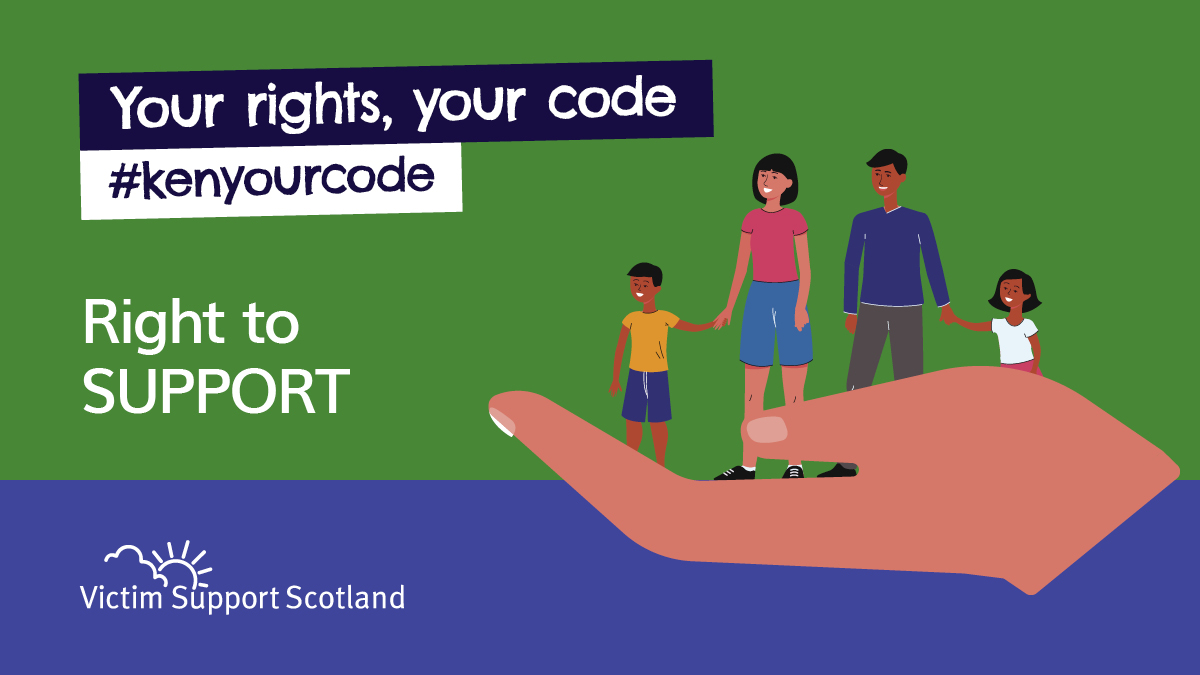
There is a focus in the criminal justice system on supporting victims from the time when the offence is committed, to the point at which the offender is sentenced. However the impact of crime on victims does not stop at that point. It continues throughout the offenders’ sentence and beyond the time of release. We believe more needs to be done to respond to that ongoing impact on victims’ lives.
The time when release is being considered has the potential to be particularly traumatic. Victims have told us about the shock of receiving the letter informing them that an offender is to be considered for parole, and how this brings back the trauma experienced at the time of the offence. They talk about how the prospect of release causes concern about coming into contact with the offender and the prospect of them offending again. Even if the offender is not released, they say it is difficult to relive this repeatedly as they are notified of further hearings which are held on a regular basis.
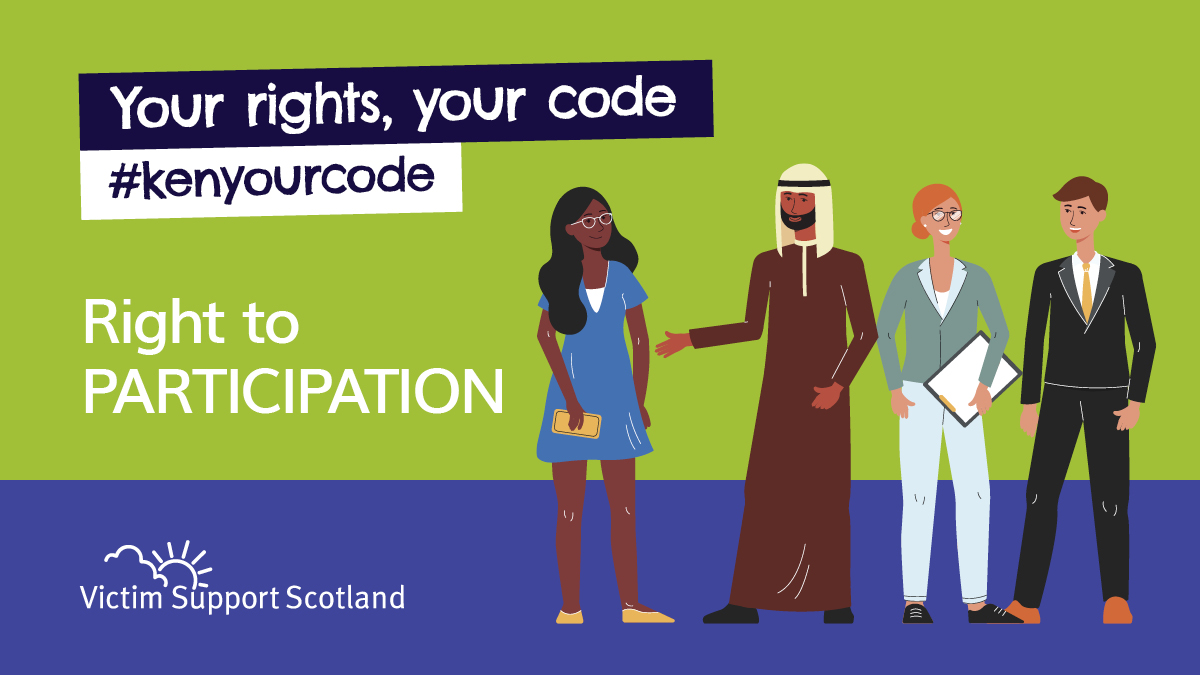
The Parole Board is pleased to be working with other organisations directly and through the Victims Taskforce to do what we can to listen to concerns and respond by carrying out our statutory duties. We can also push for wider change in a way that respects those concerns and recognises the central importance of victims in the justice system.
People affected by crime who are registered with the Victim Notification Scheme have a right to provide a written statement to the Board when an offender is being considered for release and, where the offender has been given a life sentence, to have an interview with a parole board member who will help to produce a statement.
Writing a statement can be very traumatic and we want to raise awareness that victims can choose to submit a previous statement rather than writing a new one each time a case is considered. Victims can also agree to someone providing a statement on their behalf.
If an offender is released, they will serve the rest of their sentence in the community while being supervised by a Social Worker. When the Parole Board directs an offender’s release, it will also set conditions that they must follow. Victim statements help the Board to set these conditions which can include, for example, a condition that prevents the offender from contacting any of the victims of the offence. If the offender breaches any of the conditions, or commits another offence, they can be recalled to custody.
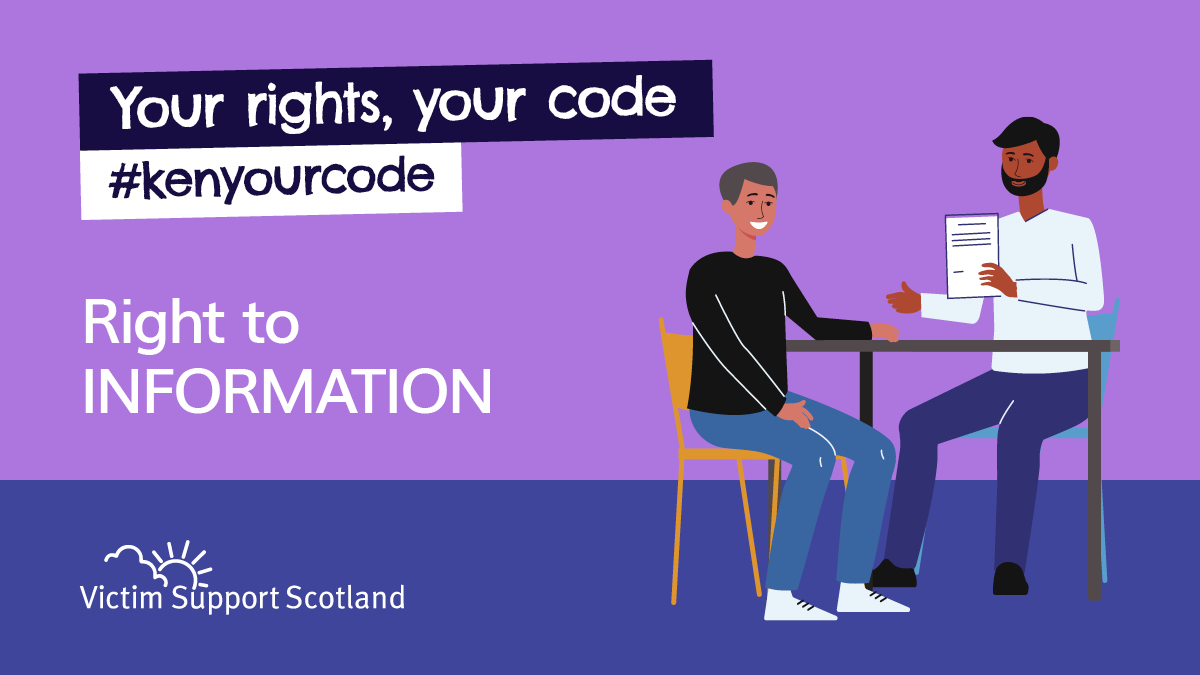
Registered victims have a right to be informed when the Parole Board has made its decision. You will be offered the option of being told by telephone and, if release is granted, you will be told about any conditions that are relevant to you.
The Board has become more open and transparent, regularly meeting with victims on request to explain more about the parole process and to listen to their experiences. We have been actively exploring how we can provide more information about our decisions and in what circumstances it may be possible for victims to observe parole hearings. We are pleased that the Scottish Government has recognised the need for a dedicated resource in the Parole Board to support victims and will be discussing with them how and when this can be introduced.
We are also collaborating on a project to introduce, alongside existing arrangements, a secure online portal that allows registered victims to access services and information which they are entitled to under the Victim Notification Scheme. For example, this could allow victims to receive notice about parole hearings and to submit representations to the Board.
It is clear that there is a growing recognition of the needs of victims across the justice system and a determination to do something about it. The Parole Board wholeheartedly supports this and will continue to play it’s part in making those changes happen.
Find out more about the victims’ rights and the Parole Board for Scotland.
Join in the Victims Awareness Week conversation using the hashtag: #kenyourcode or find our more on our campaign page.
Share your experience of the criminal justice system and find out how to get involved here.
Victims Awareness Week
Find our more about your rightsFind support and information online
Latest news and blogs
-
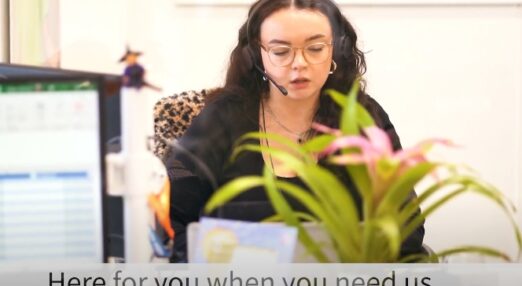
We’re here – support over the festive period
We know that the festive period can be difficult for people impacted by crime - that's why we'll remain open right through Christmas and New Year.
Read more
-
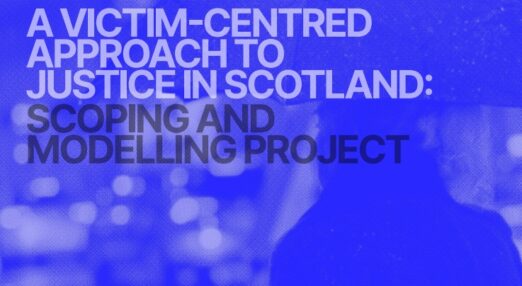
A Victim-Centred Approach to Justice in Scotland: Scoping and Modelling Project
This project, commissioned by Victim Support Scotland, sought to explore how a more victim-centred approach could be realised in Scotland's criminal justice system.
Read more
-

Concern over impact of new early prisoner release bill as Scotland’s crime stats revealed
Victim Support Scotland has expressed concerns about the impact of the Prisoners (Early Release) (Scotland) Bill, which was passed by MSPs yesterday, in light of new crime statistics revealed by the Scottish Government.
Read more
-

Victim Support Scotland voices concerns about Prisoners (Early Release) (Scotland) Bill
Victim Support Scotland has voiced concerns about the Prisoners (Early Release) (Scotland) Bill.
Read more
-

Media Reporting on Child Homicide – Victim Support Scotland Consultation Response
Victim Support Scotland's response to the Scottish Government consultation on Media Reporting on Child Homicide.
Read more
-
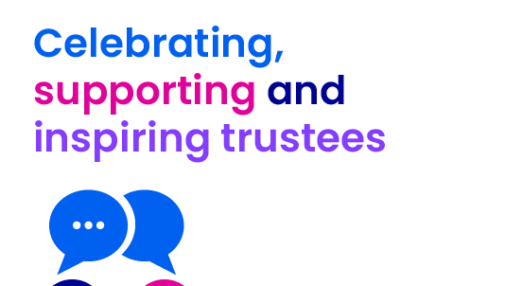
Highlighting the role of Trustees at VSS
We sat down with Gillian Imery, one of our trustees, to chat about the role she plays, why she decided to get involved with VSS, and how her skills and experience enrich our charity.
Read more
-

Statement on Homicide in Scotland figures
Victim Support Scotland has released a statement in response to the Homicide in Scotland figures released by the Scottish Government.
Read more
-
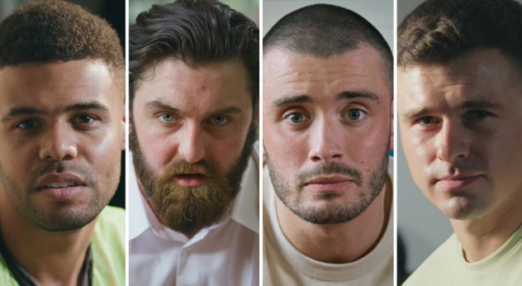
Statement on Police Scotland rape statistics
Victim Support Scotland has released a statement on the figures released by Police Scotland which show an increase in the number of rape cases reported within the last 6 months, alongside the launch of the latest 'That Guy' campaign.
Read more
-

Victims of hate crime need to have their voices heard
This article by our Chief Executive Kate Wallace argues why more must be done to support victims of hate crime.
Read more
-

Statement on Scottish Government’s plans for Victim Notification Scheme reform.
Victim Support Scotland has released a statement on the Scottish Government's plans for reform of the Victim Notification Scheme.
Read more
-

Statement on Scottish Government plans for long-term prisoner release
Victim Support Scotland has released a statement on the Scottish Government's plans for long-term prisoner release.
Read more
-

Experiencing Hate Crime – Helena’s* story
When Helena’s* partner became disabled as a result of a severe stroke, they began to experience a series of hate crimes perpetrated against them by a neighbour. VSS supported her during the court process, towards the end of her ordeal. This is her story.
Read more




